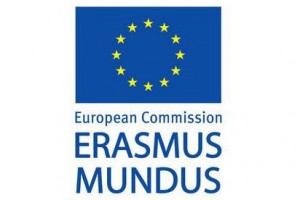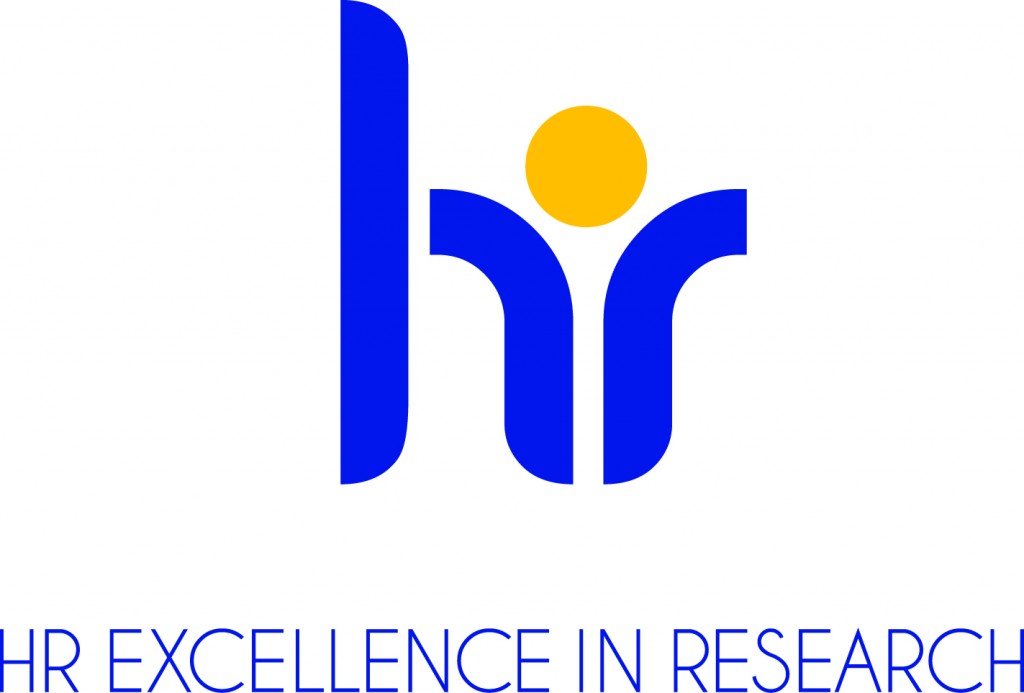There are currently 18, 465 professors across British Academia; only 3,790 (20.5%) are female. The number of female professors has increased by 1.5% since 2010[i]. At this rate of increase (0.75% per year) it will take 119 years for women to achieve equal numbers in the professoriate (and that is assuming the total number of professors stays the same!). At the same time the ratio of women to men is roughly equal at undergraduate level. At Phd the number of women starts to decline, through to postdoctoral, to lecture, to SL to professor. We might imagine this as an inverted pyramid.
With these concerns in mind, I have recently been asked to edit a symposium in the journal European Political Science (which I will now co-edit with Stephen Bates [University of Birmingham]) about the status of women in political science. While there are clearly issues which impact upon women’s careers across the academy (and I have written about this elsewhere), the aim of our symposium is to map the way in which women are positioned in my own discipline, political science, across Europe. Space and resources have meant that we are beginning with a ‘snapshot’ with contributions from Finland, Germany, Spain and the UK and authors will be asked to map the ‘state of play’ in political science in their own country. From here the intention is to then move to a discussion about what possibilities and opportunities lie ahead for women. While the symposium is about political science, there are clearly wider themes applicable beyond our discipline; about women in academia more generally their opportunities for entrance, engagement and progression.
The FIF SMN networking grant gives me the opportunity to attend the European Consortium for Political Research (ECPR) Gender and Politics Conference in Barcelona. Here I am hoping to meet with the ECPR Gender and Politics Group steering committee and discuss the ways in which European Political Science currently seeks to tackle this issue. We are also hoping to apply for funding for a full scale data collection project, looking at best practice elsewhere and developing tools and recommendations to support and promote women within the profession.
[i] 2012 data from Higher Education Statistics Agency; 2010 data from the Equality Challenge Unit
























 Nursing Research REF Impact in Nepal
Nursing Research REF Impact in Nepal Fourth INRC Symposium: From Clinical Applications to Neuro-Inspired Computation
Fourth INRC Symposium: From Clinical Applications to Neuro-Inspired Computation ESRC Festival of Social Science 2025 – Reflecting back and looking ahead to 2026
ESRC Festival of Social Science 2025 – Reflecting back and looking ahead to 2026 3C Event: Research Culture, Community & Cookies – Tuesday 13 January 10-11am
3C Event: Research Culture, Community & Cookies – Tuesday 13 January 10-11am Dr. Chloe Casey on Sky News
Dr. Chloe Casey on Sky News ECR Funding Open Call: Research Culture & Community Grant – Application Deadline Friday 12 December
ECR Funding Open Call: Research Culture & Community Grant – Application Deadline Friday 12 December MSCA Postdoctoral Fellowships 2025 Call
MSCA Postdoctoral Fellowships 2025 Call ERC Advanced Grant 2025 Webinar
ERC Advanced Grant 2025 Webinar Horizon Europe Work Programme 2025 Published
Horizon Europe Work Programme 2025 Published Update on UKRO services
Update on UKRO services European research project exploring use of ‘virtual twins’ to better manage metabolic associated fatty liver disease
European research project exploring use of ‘virtual twins’ to better manage metabolic associated fatty liver disease